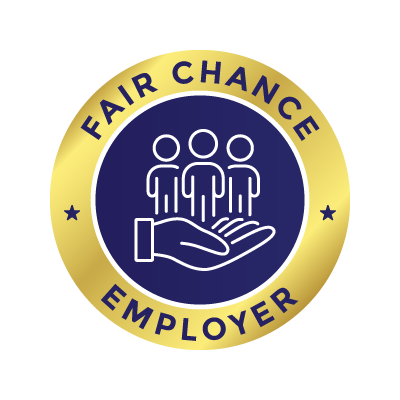Recent changes to Medicaid rules could put health coverage at risk for millions of people, especially those on Medicaid with a criminal record. Medicaid provides essential healthcare for those who might not be able to afford it otherwise. Losing it can mean missing out on doctor visits, prescriptions, and preventive care.
We’re going to look at the new work requirements for state-subsidized healthcare, how they may impact people with records, and how clearing your record could help you keep your coverage.
Overview of the New Medicaid Work Requirements
The new changes to Medicaid place a direct link between healthcare coverage and meeting monthly work or volunteer requirements. For people with criminal records, this shift could create new challenges. Many already face barriers to steady employment, and the added requirement of proving work or volunteer hours may put their Medicaid coverage at risk.
Policy Change Summary
Under the One Big Beautiful Bill Act, Medicaid recipients must work or volunteer for at least 80 hours per month to keep their eligibility. These hours can be met through:
- Paid employment
- Approved job training programs
- Volunteer work at qualifying organizations
- Participating in a higher education program
People who do not meet the requirement could lose their Medicaid coverage, even if they are otherwise eligible based on income.
Projected Impact
The upcoming Medicaid work requirements will have a sweeping reach. Multiple credible analyses, including those from the Congressional Budget Office (CBO) and the Center on Budget and Policy Priorities (CBPP), project that millions will lose coverage in the years ahead. CBO estimates roughly 10 million fewer people enrolled in Medicaid by 2034, with about 7.8 million of them potentially becoming uninsured.
These losses will not be spread evenly. People in low-wage, unstable, or seasonal jobs are more likely to miss the monthly threshold for work or volunteer hours. Even short gaps in coverage can disrupt ongoing treatment, delay access to medication, and increase health risks.
Why This Matters For Keeping Medicaid with a Criminal Record
For individuals with criminal records, the new requirements may create an even higher barrier to keeping healthcare. Having a criminal record limits job opportunities, which may make the new 80-hour threshold difficult to meet.
Employment Barriers Are Real
People with criminal records already face serious challenges in the job market. Many employers are hesitant to hire applicants with certain offenses, and background checks can reduce opportunities. Even for those who do find work, jobs may be part-time, seasonal, or temporary, making it difficult to consistently meet the 80-hour requirement.
Risk to Medicaid With a Criminal Record
If people with records cannot work or volunteer, they could lose their health coverage. Once coverage is lost, getting it back can be complicated. Application processes often require more paperwork and proof of employment, which can be especially difficult for those who struggle to find work because of a criminal record.
Limited job opportunities and health problems can keep people stuck. However, breaking the cycle requires stable jobs and reliable healthcare. The new rules now link these two needs. One way to open more doors to steady work and protect access to healthcare is through criminal record sealing or expungement.
How Clearing Your Record Can Help
If you are currently on Medicaid and not working or volunteering, clearing your record can help you get a job and keep your health care.
Improving Job Prospects
Clearing or limiting access to parts of a criminal record, whether through expungement, sealing, or other forms of relief, can keep certain history out of public view. This means many employers will not see it during a background check, which improves your chances of getting hired.
With a new or better job, it becomes easier to meet Medicaid’s 80-hour monthly work requirement. This helps you keep your healthcare coverage.
Steps You Can Take Now
Preparing for these changes before they happen can make all the difference. You can take steps today to protect your healthcare coverage in the future.
- Check Your Eligibility for Record Clearance
Use our eligibility tool to see if you qualify for expungement or record sealing. The sooner you know your options, the sooner you can start the process. - Start the Record Clearance Process Early
Record clearance can take several months, so beginning now gives you a better chance of having your record cleared before the work requirements go into effect. We can serve as your lawyer to get this done. - Understand the New Rules
Make sure you know how your state will enforce the work requirements. Rules and exemptions can vary, and some people may qualify for waivers.
While the new Medicaid rules will create challenges, they do not have to mean the end of your coverage. In fact, by taking steps now, including clearing your record, if eligible, you can improve your job prospects, meet work requirements, and protect your access to healthcare. So, start the record clearance process today to improve your chances of keeping your health care.




